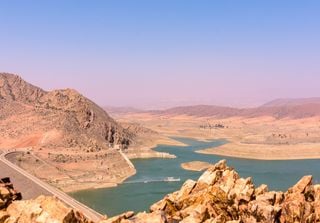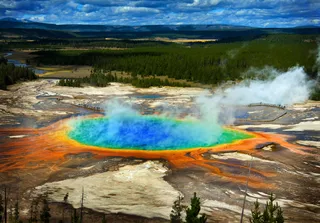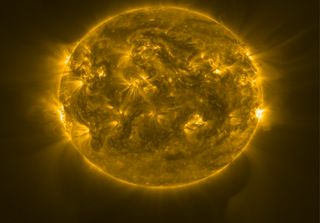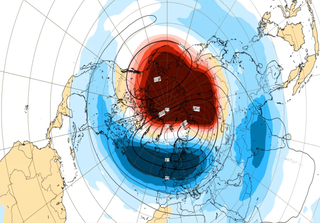
5 June, 2024 marked a historic day for space exploration. At midnight in Moscow, Russian cosmonaut Oleg Kononenko reached the incredible milestone of 1000 days in space.

He has a degree and a Masters in Geography (with an average mark of 20). He has a PhD in Geography and Regional Planning from the University of Minho and a PhD in Geography - Global Change and Natural Systems from the University of Barcelona with the highest classification and distinction and commendation.
He is also a researcher at the Laboratório de Paisagens, Património e Território (Lab2PT) and collaborator of the Climatology Group of the Instituto de l’Aigua (IdRA, Climatology Group - Barcelona). In recent years, he has been implementing some methods of citizen participation within the scope of research in climatology and tourism.
He has published articles in the main international journals indexed in ISI Web of Knowledge and SCOPUS and some book chapters in some of the main international publishers. He has presented about a hundred papers in national and international conferences and workshops, some of which related to the subject of climatology, and has won 10 awards for his academic achievements. He is a member of the International Society of Biometeorology - Climate, Tourism and Recreation section and is a scientific reviewer of some renowned national and international journals.
From an early age, he aroused his interest in issues related to weather, climate and climate change and in how various sectors of activity affect and are affected by their effects.

5 June, 2024 marked a historic day for space exploration. At midnight in Moscow, Russian cosmonaut Oleg Kononenko reached the incredible milestone of 1000 days in space.

Red-eyed cicadas have been invading Chicago since last May, forcing residents to wrap trees in nets to protect them. The preventive measure aims to avoid damage to younger trees.

Europe is preparing for another summer with extreme temperatures, where adaptation measures and a search for cooler destinations are expected. High temperatures are driving changes in tourist behaviour. Find out more here!

Harvard researchers have published a study showing that community over-specialization precedes mass extinctions, offering a potential early warning system for marine biodiversity loss.

The North Atlantic Meridional Circulation (AMOC), also known as the Gulf Stream, is weakening, possibly due to global warming. This evidence is supported by a study published in the journal Oceanography.

Satellite images reveal that Morocco's second largest water reserve, the Al Massira dam, is drying up at an unprecedented rate. The situation is critical and threatens the water supply for millions of people and the country's agriculture.

False GPS signals are generating chaos in the skies, leading to dangerous incidents and unnecessary evasive maneuvers, warn pilots and aviation agencies. Find out more here!

Recently, fungi capable of replacing meat protein have been identified. From NASA space research, it became a differentiated gastronomic product capable of replacing a series of products for a healthy diet.

During traumatic events, dissociation acts as a protective formula for the mind, separating it from pain. Although essential for survival, it is crucial to seek support for a healthy recovery. Find out more here!

The Solar Orbiter satellite, also known as SOLO, reveals recent images of the increase in solar activity in just two years, questioning traditional predictions and the understanding of the solar cycle and its impacts.

The sudden stratospheric warming, possibly occurring on February 18th over the Arctic, is causing uncertainty in forecasts of weather conditions until the end of the month.

The renovation of Menkaure's pyramid, in the Giza complex, in Egypt, triggered a wave of criticism on social media, with experts and commentators denouncing the project as “absurd”.

On a recent expedition, geophysicists aboard the research vessel RV Investigator discovered a chain of seamounts between Tasmania and Antarctica that spans 20,000 km². Find out more here!